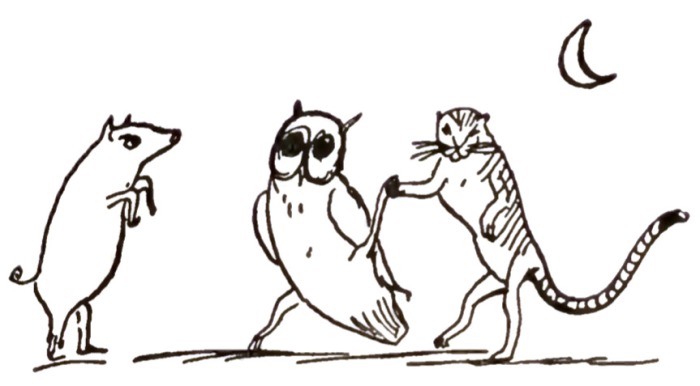What is a story?
A story is a series of imagined sequence of events which may or may not be based on true events. The story takes place somewhen, somewhere. A story may take place in the past, or the present or the future. A story may take place in a real place, or an imaginary one (even the surface of a neutron star!). A story has characters and a narrator (can there be a story without either?). Sometimes the characters tell us the story. Sometimes the narrator tells us the story. Some stories are fun, some are dark, others are just boring. A good story is like a fishing hook. It will compel the listener, and keep them eager for what happens next. It is the anticipation of events, which makes a story interesting. What good would be a story if you knew exactly what is going to happen? They say don’t let facts ruin a good story. But facts themselves can make a great story. Reality is stranger than fiction. Reality is a fractal. More you look deeper you see. The mundane becomes the mysterious. Everyday thing becomes enigmatic.
Timeless stories
There are stories which endure time. They were perhaps told since humans acquired language. Perhaps the enormous capacity of language to express imagination was developed to tell the stories. Stories are culture. Stories give us identity. Stories give us rules and norms. Stories make us who we are. Stories tell us about gods, about demons, about magical beings, about kings, about heaven and hell.
Visual Stories
Not all stories have words. Some stories are told via images. Before the written word, images were the only permanent thing. The spoken word is ephemeral, while images endure. Spoken word is for people who are present then and there, the image can transcend time and distance. The images can be somewhen, somewhere other than where and when it was created. Spoken words live only in the present.
Variations on a Theme
Stories change. When a story is told from one person to another, while retelling the person will inadvertently make changes. Though core idea of the story may remain same, some of the details may change. Thus stories multiply. Language is not a barrier. Same story can be told in different languages. Characters, places may change but the stories remain the same. It is like a person wearing different outfits suitable for the local environment.
Storytellers
But how do stories get made? Who makes them? Well, we make stories.
Each one of us has stories to tell. Some people are good at telling them, some aren’t. The good stories stick around. They pass on. From person to person, from generation to generation. From parents to children. From elders to youth. From friends to friends. From teachers to students. Storytellers form a network. Stories link them to those who came before them and those who come after them.
Emotions
Stories evoke emotions. Some make us laugh, some make us cry. Some us happy, some make us sad. Some take us on adventures we will never be able to go. Some make us confront our deepest fears and invoke terror in us. Some make us feel elated, and inspire us to do things. Some possess wisdom, some are just folly. Some stories are about mundane things. Some stories are about mysteries. Some stories you can readily identify with, some are so alien to our experience.
Stories are Everything
Without stories we are nothing. We relate to others via stories in which we are the characters. Everyone has at least one story to tell, their own story. Will your life be a story worth telling others?


